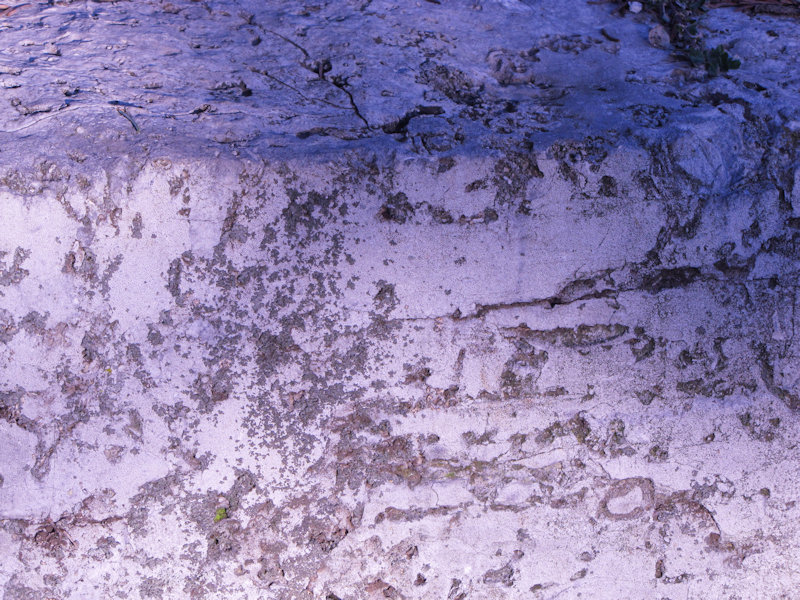
The last day of the year is barren. Trees long stripped, branches stark against the grey sky. The New England forest reveals the cages of its body, limbs tangling together, weighed down by ice and debris. From a distance the forest looks like a hundred men stooped from age and the harshness of living through so many winters. The reward for survival is that you move closer to the ground.
On this last day of the year, men, stooped like the trees, and their straighter sons and grandsons shield themselves with down jackets and flannel and thermoses full of good whiskey. They make their ways to the lake, long frozen over and clouded white and blue. They walk on water, gods, staring down at what looks like Earth’s marble beneath their feet.
It has been difficult, the year. Full of hurts and hates, wounds that refuse to come to clot, the impulse to finger the bruise. It is hard to know what is real. Storms have left entire countries in the dark, washed away coastal cities. Fires have burned the Golden Coast black. Sometimes, it seems as though the earth is angry, confused, cruel.
Winter seems fitting, everything turned to ice, cold and brittle. But on the last day of the year, the men will saw through the ice, hoping to pull fish from the depths of winter, feast during the season of famine. This, they believe, is what it means to triumph.
All day they catch nothing. What little sun moves overhead, diffuses through the fog. The saws cracking though the skin of the ice make a crunching sound, as if cutting through bone. The dozen groups of men dig hole after hole, searching for something to claim from nothing. Soon the lake is littered with a hundred punctures.
The men kick at the ice, throw beer cans in the openings. The cans bob like bloated bodies. The men watch steam from their spit rise like mist.
At dusk, a solitary figure appears at the edge of the crowded lake, wheeling a sailboat on a slender blade. The blade is shallow; it does not pierce the ice. Instead, it glides along the surface.
It has been a difficult year, but the man sails effortlessly though the crowds at the shore. He steers into winter. The sound of the blade across the ice is like the rustle branches make when they dance together in the wind, and the man twirls, too, ice sailing with an invisible partner.
The sun is beginning to set. The unsuccessful men pack up their things, bitter in the cold. But the boat remains on the frozen water, in the center of the lake now, where the ice is thinnest, where it is dark underneath. It is impossible to tell how deep the freeze goes, what weight it can hold. But the man steers in; he does not fight the cold, the encroaching dark.
The fading light bounces through the trees, playing off the motionless water. From a distance, it almost looks as if a dozen fish dart beneath the surface.
__
Sarah Fawn Montgomery is the author of Quite Mad: An American Pharma Memoir (The Ohio State University Press 2018), and three poetry chapbooks. Her work has been listed as notable several times in Best American Essays, and her poetry and prose have appeared or are forthcoming in various magazines including Crab Orchard Review, DIAGRAM, Electric Literature, LitHub, The Normal School, Passages North, The Rumpus, Split Lip Magazine, Southeast Review, Terrain, and others. She is an Assistant Professor at Bridgewater State University. You can follow her on Twitter at @SF_Montgomery
Photo by Paul Bilger

3 comments
iliana says:
Oct 1, 2019
So pretty! And I know what ice-fishing looks and feels like (5 years in Wisconsin).
William Willard says:
Jan 5, 2020
Beautifully written. I’ll be on the lookout for more. William (Vets for Trump 2020) Willard
Jan Priddy says:
Jul 8, 2023
You deserve better admiration. Die-hard liberal here and admirer of people who can write about working folk. Those fishermen deserved a fish, and the irony of the boat-owner is that he never even notices.